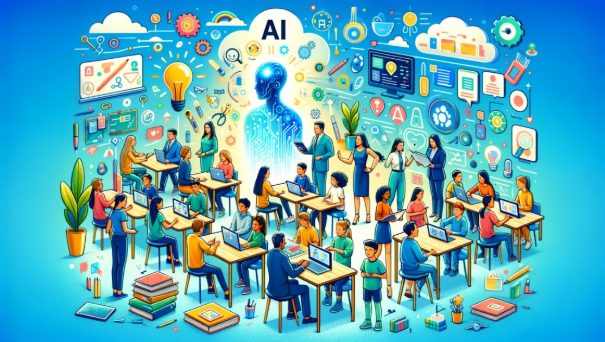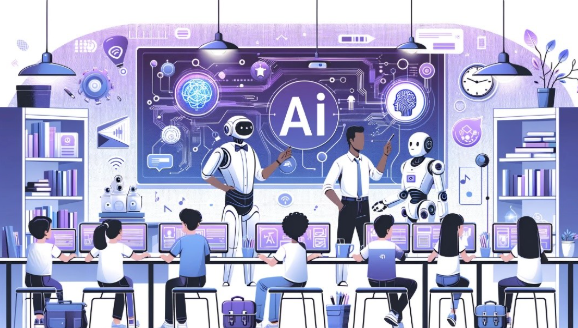AI and Educational Innovations: Shaping the future of learning
- Erica Pereira
- Mar 18, 2025
- 2 min read

Artificial Intelligence (AI) is transforming the education landscape by providing various learning experiences, improving teaching effectiveness, and increasing accessibility. Here you can find a concise overview of how AI is driving innovation in education.
1. Personalized Learning Opportunities
AI customizes educational content to meet the specific and unique needs of each student, allowing them to learn at their own pace. Intelligent tutoring systems deliver real-time feedback and targeted practice to ensure that no student is overlooked. These opportunities are really beneficial to many students.
2. Smart Content Creations
AI accelerates the development of educational resources by generating custom quizzes, assignments, and study materials based on specific learning objectives. This process makes content creation faster and more relevant. By creating this content, AI also provides the students with exercises of their own ‘level’ of understanding and capacity.
3. Virtual Classrooms and AI Tutors
AI enhances remote learning by simulating in-person interactions through technologies like speech recognition and facial analysis. AI tutors available on platforms such as Duolingo and Carnegie Learning offer on-demand assistance, increasing the flexibility of learning.
4. Language Learning
AI-powered applications like Duolingo improve language acquisition by providing instant feedback on pronunciation and grammar. These platforms use algorithms to analyse learners' responses in real-time and adapt exercises to match individual progress. This personalized approach not only helps users improve their skills effectively but also keeps them engaged through gamified and interactive content. AI applications like Duolingo improve language learning by offering instant feedback and adapting exercises to each learner's progress, keeping the experience engaging and effective.
5. Data-Driven Insights
AI analyses student data to identify trends and improve teaching strategies. By evaluating academic performance, attendance, and engagement, it helps educators intervene early with struggling students by providing targeted support. Additionally, this predictive capability enhances retention rates by forecasting student outcomes more accurately.
6. Challenges and Ethical Concerns
While AI offers immense potential, it also raises concerns about privacy and access. Ensuring data security and equitable access to AI-driven tools is essential for achieving fair educational outcomes. We must take into account that if we use AI excessively, there may be unwanted outcomes. Remember to manage the use of AI smartly!
Conclusion
AI is revolutionizing education by making learning more personalized, efficient, and accessible. Although challenges remain, its capacity to enhance the learning experience is undeniable, paving the way for a more inclusive and dynamic future in education.






Comments